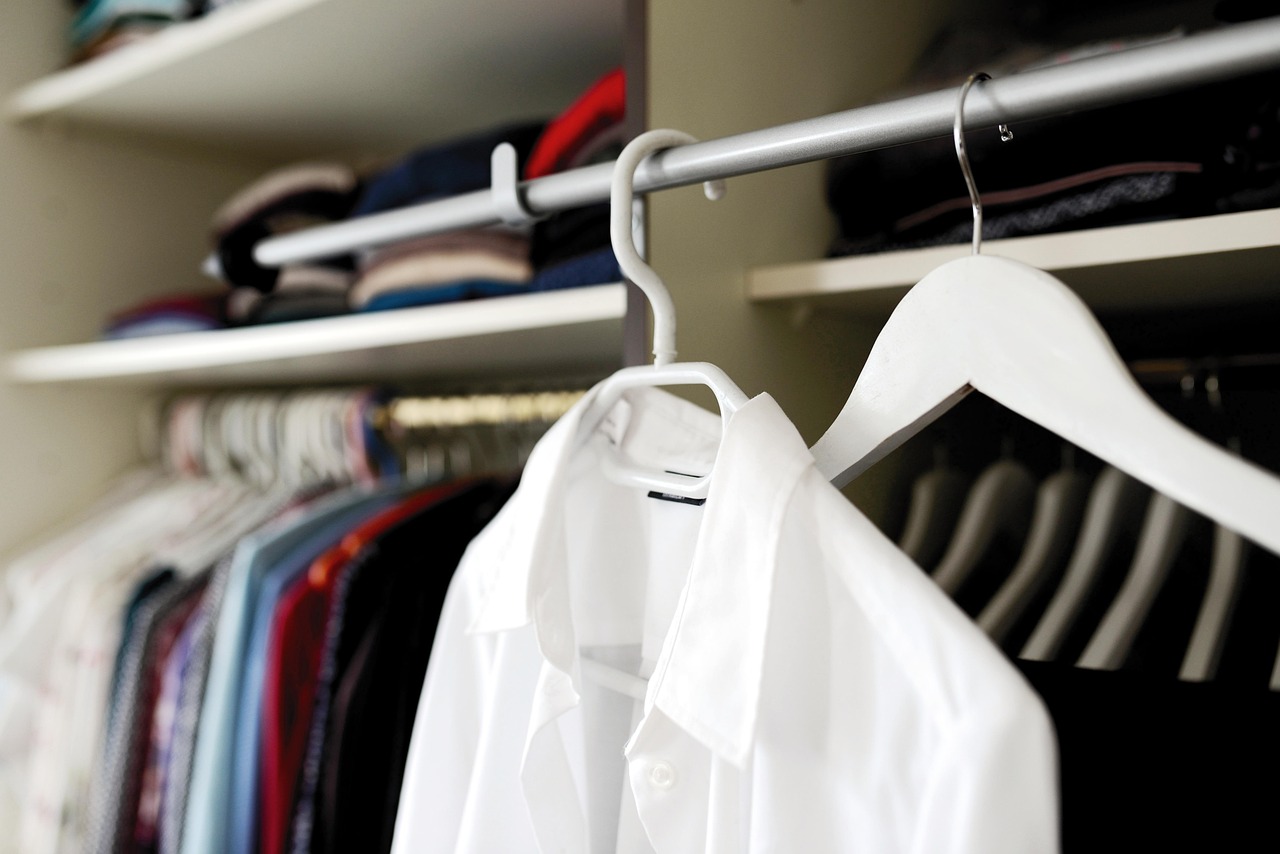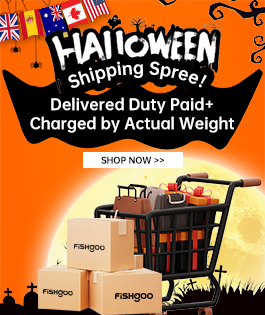How Long Does Fishgoo Keep Items in the Warehouse? A Guide to Storage Policy
If you're a global shopper buying from Chinese e-commerce sites like Taobao, JD.com, or 1688, you've likely heard of Fishgoo—a popular buying and forwarding agent. A common question among new users is: "How long does Fishgoo keep items in the warehouse?"
Understanding Fishgoo's warehouse storage policy is crucial. It can save you money, time, and prevent you from losing your packages. This guide will walk you through everything you need to know about Fishgoo's storage limits, what happens if you exceed them, how to extend your storage, and practical tips to make the most of it.
Understanding the Cross-Border Buying Agent Model

Before we dive into the specifics of storage limits, let's quickly explain how the buying agent model works. When you purchase items from Chinese platforms through an agent like Fishgoo:
Your items are first shipped to the agent's warehouse in China.
Since international shipping for a single item can be expensive, most customers buy multiple items and have them sent to the warehouse.
Once all your items arrive, Fishgoo offers package consolidation, combining your goods into one parcel.
You then submit your package for international shipment.
This model is cost-effective, but it means some items may wait in the warehouse for weeks. This is why knowing Fishgoo's free storage limit is so important.
How Long Can Goods Be Stored in the Fishgoo Warehouse for Free?
Fishgoo provides 60 days of free storage for all ordered goods. Here's what you need to know:
The countdown begins when your order status changes to "in warehouse"—not when you place the order or when the seller ships it.
This 60-day free period applies to all items, regardless of the platform you bought them from (Taobao, JD.com, 1688, etc.).
If you need more time to consolidate packages, you can purchase an extension.
Pro Tip: If you're waiting for multiple items, the 60-day clock for your entire order starts with the first item that arrives at the Fishgoo warehouse.
Why the Countdown Can Be Tricky
Many first-time users mistakenly believe the 60-day period starts when they place their order. In reality, the clock doesn't begin until Fishgoo receives and processes the item, marking it "in warehouse."
This means:
Slow shipping from a seller won't affect your free storage time.
However, if your first item arrives quickly while you're still waiting for others, the countdown for that first package begins immediately.
It's a good practice to set a reminder on your phone for around 50-60 days after your first item arrives, giving you plenty of time to plan.
What Happens If My Fishgoo Storage Expires?
If your goods remain in the Fishgoo warehouse beyond the 100-day limit without an extension or shipment:
They will be considered expired and disposed of according to the Fishgoo storage policy.
Once disposed of, the items cannot be retrieved.
No compensation is offered for expired storage.
This is why it’s critical to plan your shipments and manage your storage time effectively.
How to Extend Your Fishgoo Storage Period
Extending your storage is simple and can be a lifesaver.
Log in to your Fishgoo account.
Go to the "My Parcels" or "Warehouse" section.
Select the package you want to extend.
Choose the "Extend Storage Period" option and pay the fee.
The cost of extension varies based on the size and weight of your parcel. It's often a small fee compared to the potential loss of your entire order or the cost of rushing a small, inefficient shipment.
Scenarios Where Extending Storage Makes Sense
The Consolidator: You’re waiting for items from multiple sellers to arrive. Extending the storage for the first few packages allows you to combine everything into one shipment, which is much cheaper internationally.
The Pre-order Fan: You ordered a limited-edition item that won't ship for months, but you have other packages in the warehouse. An extension keeps your items safe until your pre-order arrives.
The Traveler: You’re on vacation and won't be home to receive a shipment. Extending storage is cheaper and more convenient than dealing with local courier fees.
How to Check Your Remaining Storage Days
You can easily monitor your storage time within your Fishgoo account:
Log in and navigate to the "My Parcels" or "Warehouse" section.
You'll see a "Remaining Days" indicator next to each package.
Fishgoo also sends helpful reminders via email or in-app notifications when your items are close to expiring.

What to Do When Goods Are About to Expire
If your items are nearing the end of their free storage period, you have a few options:
Extend Storage: Pay for an extension to give yourself more time.
Ship Immediately: Create a parcel and ship the items out right away. Use the shipping fee estimator to budget for this.
Consolidate: If you have other pending orders, consolidate them with the expiring items to save on shipping costs.
Tips to Save Money on Fishgoo Storage
Time Your Purchases: Try to order items around the same time so they arrive at the warehouse close together.
Plan Ahead: Don’t order items too early if you don’t plan to ship them soon.
Use the Freight Calculator: Estimate your international shipping costs early to help you decide whether to ship or extend.
Final Thoughts
The 60-day free storage period provided by Fishgoo is a generous policy that gives you ample time to consolidate your orders and prepare for international shipping. However, it's easy to lose track, especially when waiting for multiple sellers.
Setting a simple reminder after your first package arrives can prevent a lot of stress and potential loss. Whether you're buying sneakers, electronics, or wholesale goods, keeping the 60-day rule in mind will ensure a smooth and worry-free shopping experience. Plan ahead, check your remaining days regularly, and you'll never have to worry about your items expiring in the warehouse.


